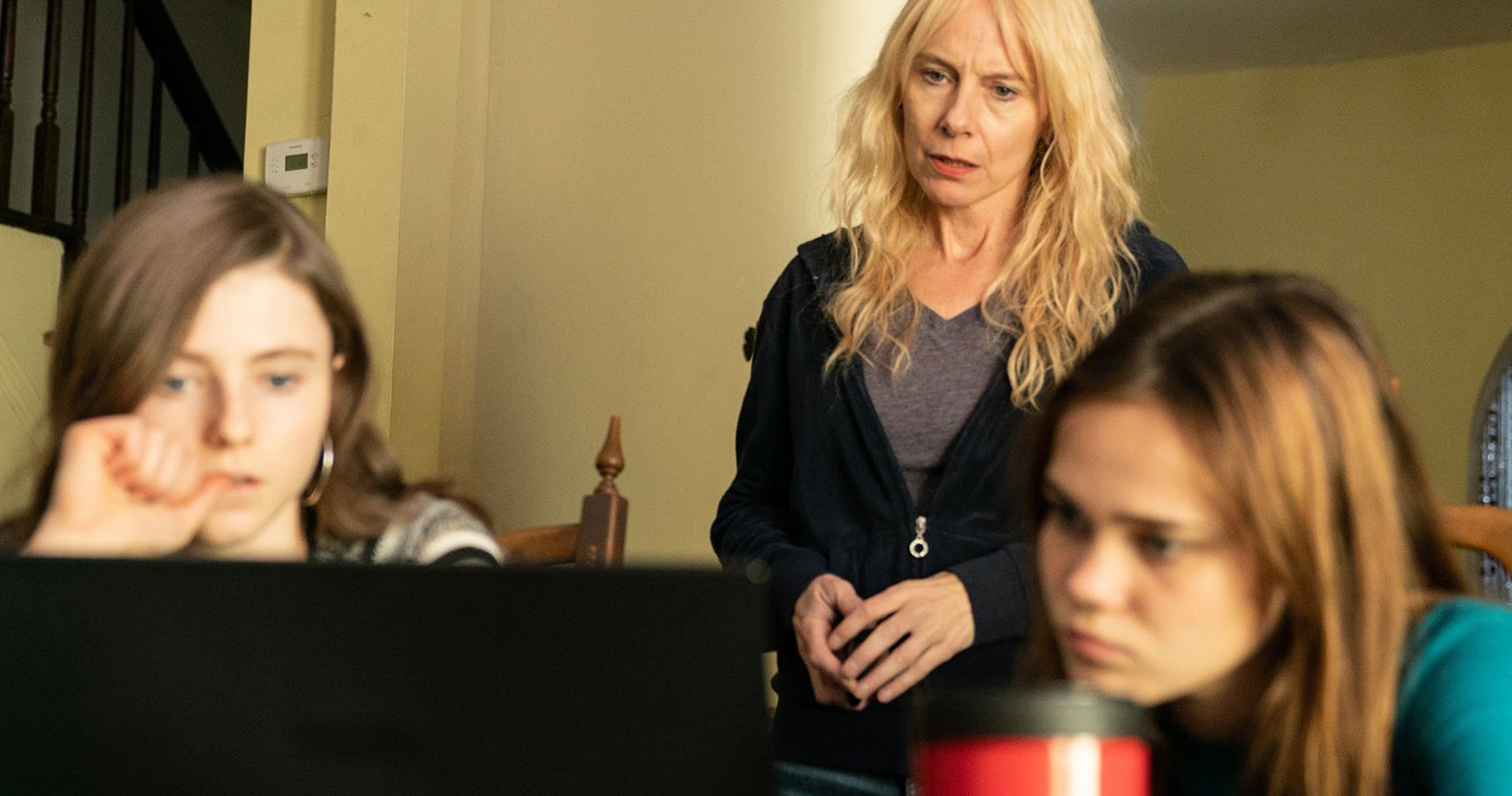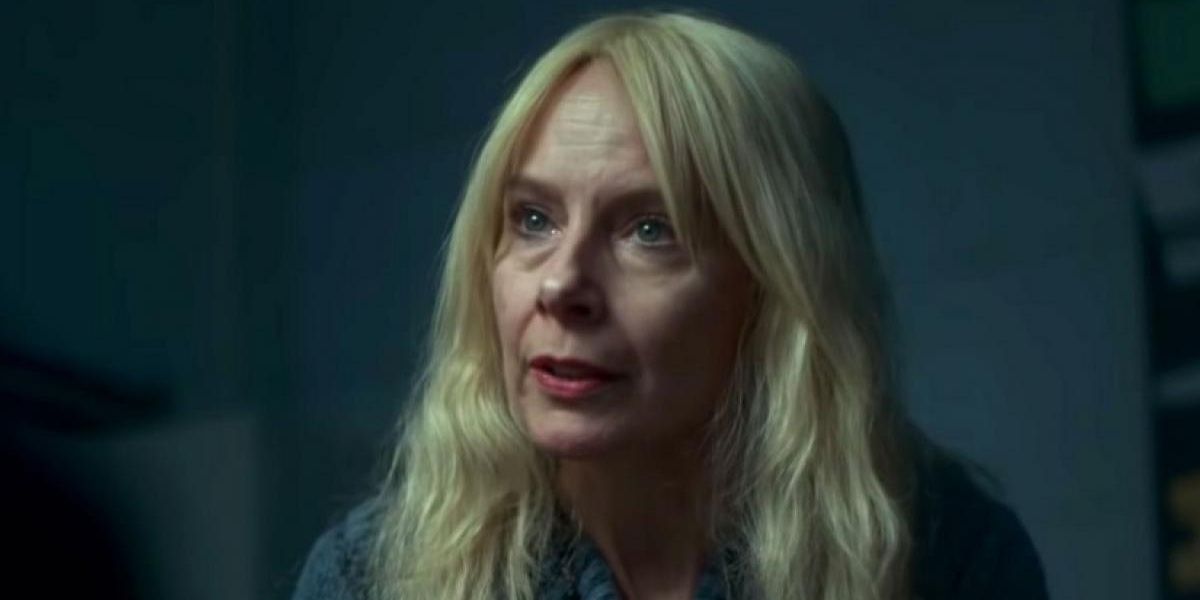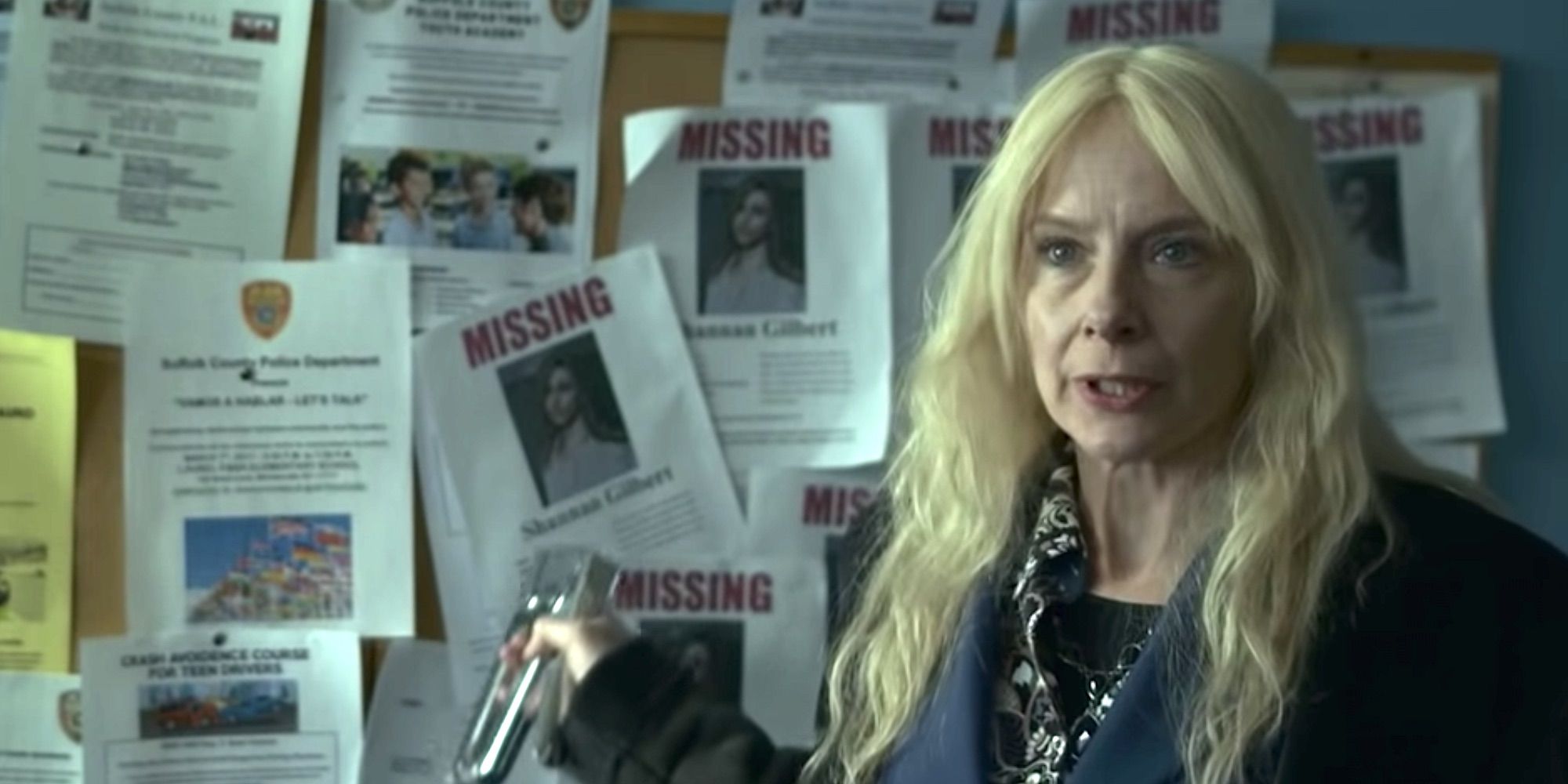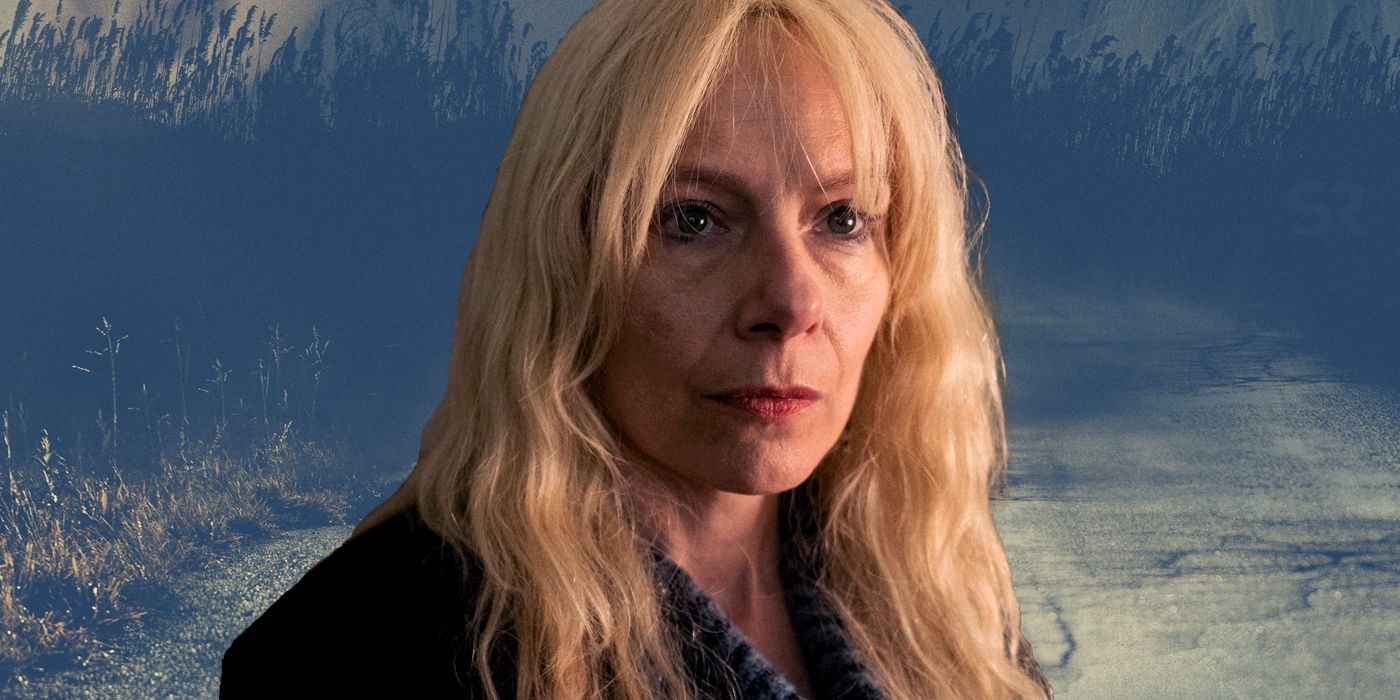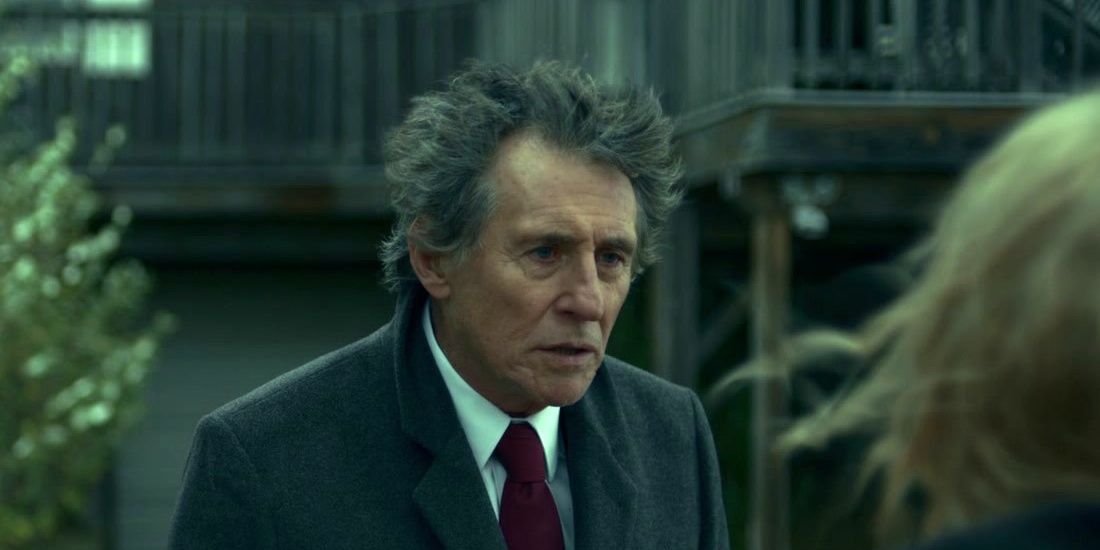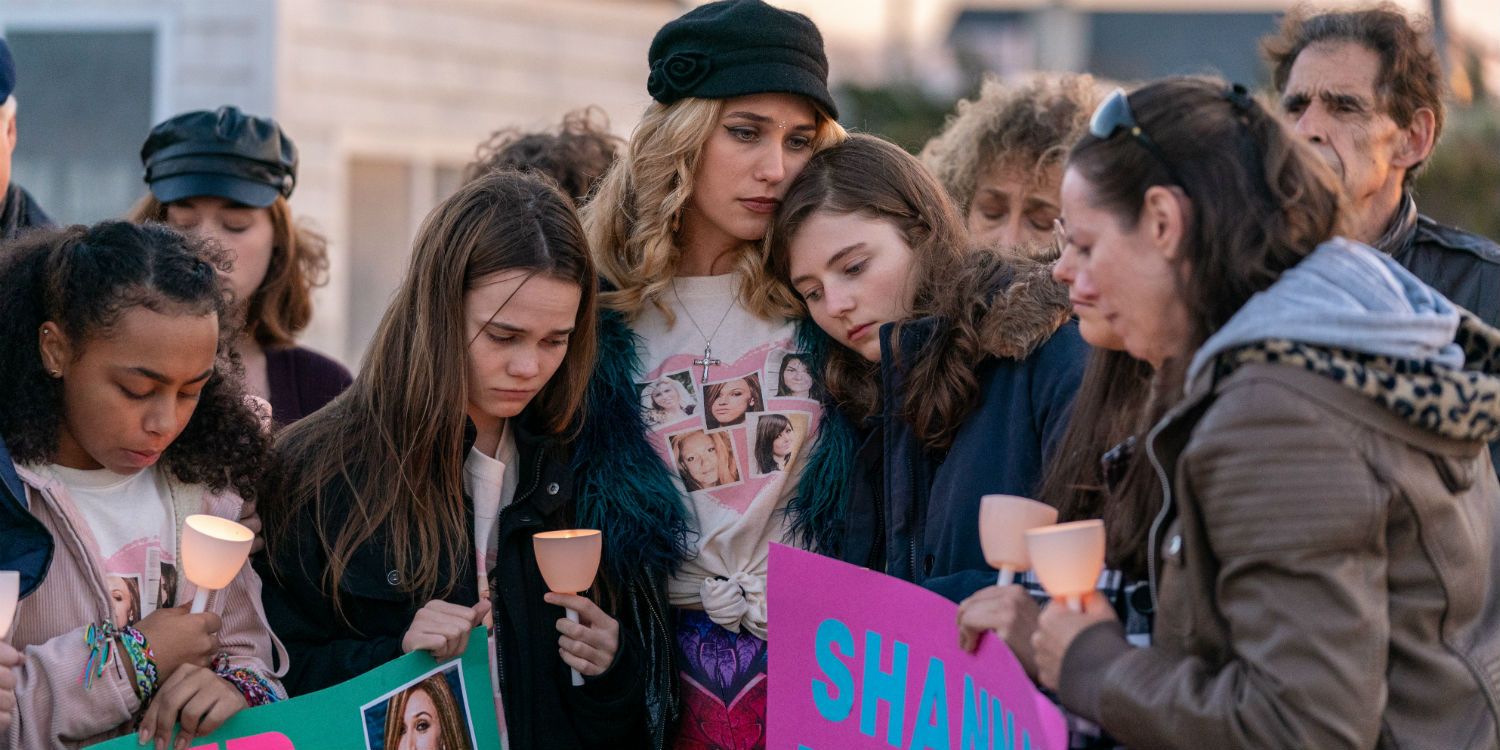Netflix's Lost Girls is a recent addition to the streaming giant's increasingly notable True Crime genre. The movie is based on the events that took place surrounding the Long Island serial murders, specifically the disappearance of Shannon Gilbert and the investigation--or lack of one--leading up to the discovery of her body.
Shannon's mother Mari Gilbert made herself into the voice for injustices being done in regards to the mishandled investigation for the murder victims. She ceaselessly pushed for the police to work harder and pay more attention. This film is an ode to such efforts and these quotes a testament to female ferocity.
She Called For Help At 4:51 And You Responded At 5:40. How In The F*ck Does It Take An Hour To Respond To A Call Like That?
Mari has just listened to the phone recording of her daughter Shannon screaming for help during a 911 call, obviously indicating that Shannon was in imminent crisis. Mari and her daughters are distressed by this, but the officer sharing the recording with them merely expresses his speculation that Shannon was in actual danger. Mari points out that, any opinions aside, the fact remains that the police took an hour to respond to a 911 call.
Sharon's, Too. "It's Shannon"
One of the officers in the case shows his true colors when he gets Shannon's name wrong, one of many small incidences in the film contributing to, and making obviously evident, the wider police attitude of unprofessionalism and lack of dedication when it comes to the case of the missing and murdered women in the Long Island Serial killings.
You Tell Him If I Don't Hear Back From Him Within The Hour, I'm Going To Drive My Car Into His Front Fu*king Lawn
The police try again and again to brush Mari off, dismissing her as an inconvenient and pesky mother over-emotional and therefore unhelpful in relation to the investigation.
Mari, however, will not be ignored, and when the police try to snub her she comes back full force and makes sure they look her in the eye and hear what she has to say.
I'm Going To Continue Posting These Until You Either Find Her Or Die Of Paper Cuts. Do Not Ignore Me.
Mari shows up at the police station with several printed 'missing' posters for her daughter, Shannon. She makes clear to the police from the first instance of the investigation that she is going to be on top of their actions and expect to be kept in the loop. The police do not keep her in the loop and allow her to find out breaking information on the case via television news. Mari finds this unacceptable.
I Have A Talent For Holding Grudges And Unless You Help Me, I'm Gonna Raise More Hell Than You Can Handle.
The police force finds that they are very wrong in their assumption that Mari will be easily dismissed. Many crime shows and films focus on the crime itself and the investigators involved in solving it, with the occasional hysterically emotional family member existing on the outskirts of the piece.
Lost Girls flips this, centering on the family member who, indeed, would appear hysterical from a moment's glance, but from a more informed perspective seems perfectly reasonable.
I'll Call The Police! "Go Ahead, It'll Take Them An Hour To Get Here."
Mari takes charge of the vigil formed by the family members of the murdered women. Initially hesitant to be involved, she uses the gathering to what she sees as an advantage for her daughter's case--marching the women through Oak Beach, the area where her daughter went missing and where she believes the police aren't investigating enough. When a local woman threatens to call the police on them, she invites it.
There's A Crazy Lady About To Tear Through Oak Beach. Come Quick.
This remark is a play on the fact that the police are calling Mari exactly this--a crazy lady--and she knows it. By remarking on it, she both claims and dismisses the title, taking their belittlement and turning it back at them, as if their accusations are so ludicrous as to be worthy of nothing more than taunts.
Mari knows very well that she is in the 'crazy lady' role in their eyes, as many other women have held this role and continue to. This fact does not deter her in the least, because she sees how shallow it is.
My Daughter calls for help and it takes you an hour, but the Stepford wives call you and you show up in the amount of time it takes to make a sandwich?
When Mari's daughter Shannon called the police for help, screaming and begging over the phone, they arrived at the scene an hour later. They give Mari no explanation as to why this is. When Mari takes the vigil onto Oak Beach property and a local calls the police, they arrive in twelve minutes, and in response to a call that was much less distressed. Mari emphasizes the fact that stereotyping plays into who the police choose to respond to.
What Is This, Some Kind Of Cover-Up? Or Just Incompetence?
Mari suggests that the police do testing on Shannon's found sweatshirt. She is suspicious of Dr. Hackett and has reasons to believe he is hiding information. The police are less inclined to pursue Dr. Hackett, but Mari emplores them to do testing because it will likely reveal his DNA on the sweatshirt. The sweatshirt, however, was lost by the department, merely one in a number of outstanding mistakes made by them that are so obviously careless that it begs the question of whether they are actually mistakes.
It's All Men This, Men That. The Girls Are Just Prostitutes, Hookers, Sex Workers. Not Sisters, Or Daughters, Or Mothers. They Don't Care About Them.
One of the mothers of the murdered women exults in the fact that the murdered women are being spoken about on television, saying 'at least they are paying attention now.' Mari contradicts her, saying if that's what she thinks, she's delusional. She points out that they aren't paying attention to the women, they are using their case to make the police look good, focusing on their narratives and dehumanizing the women by restricting them to the sole role of their careers, which happens to be looked down upon in their society and therefore causes the murders to be taken less seriously.

